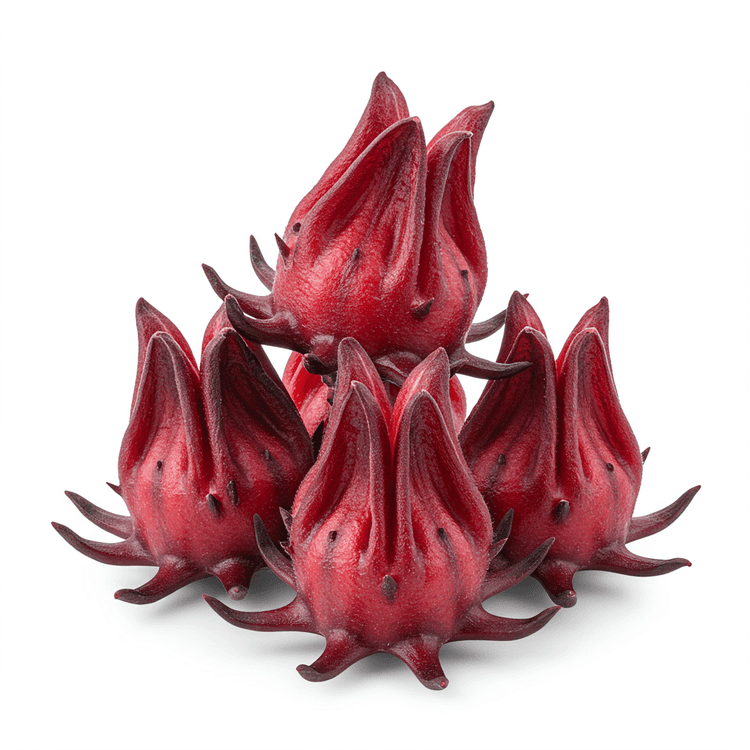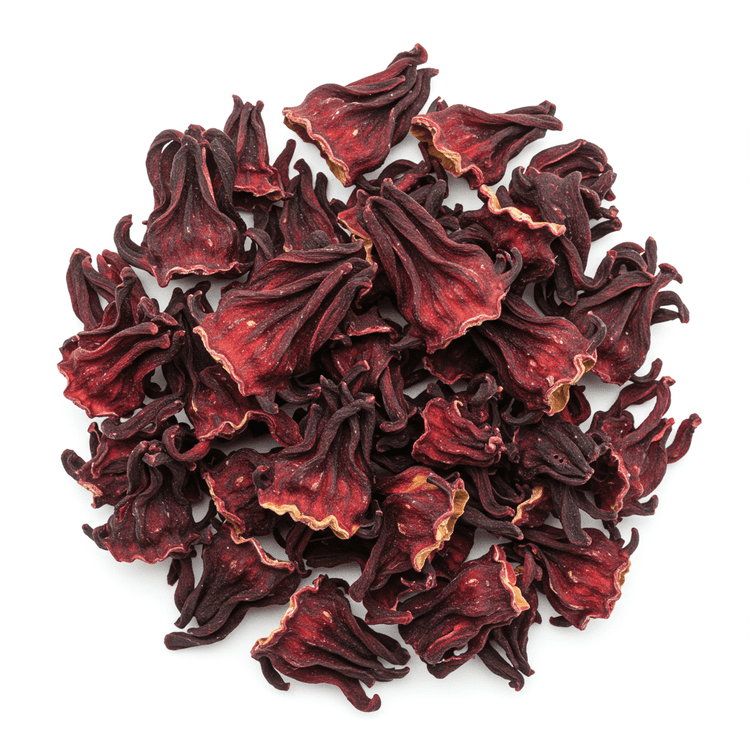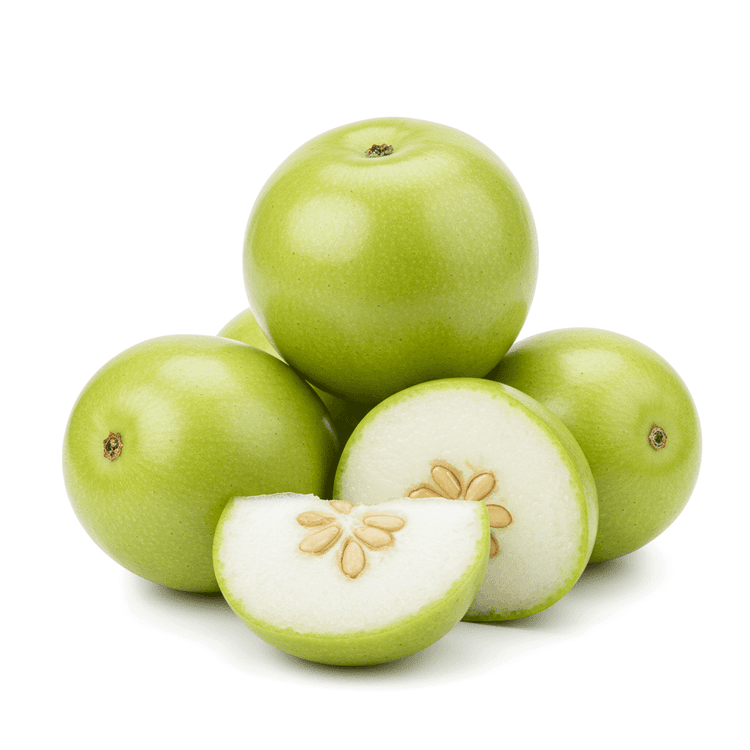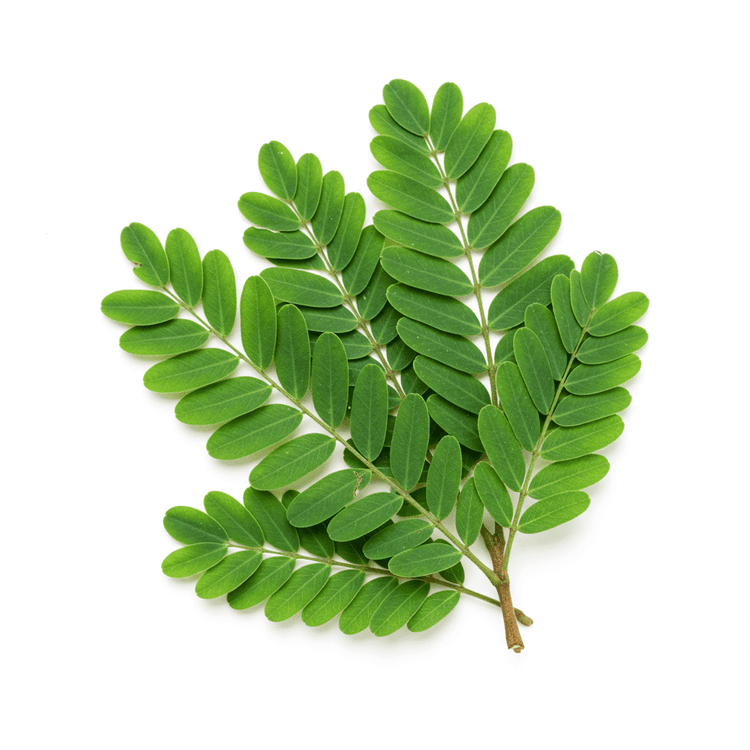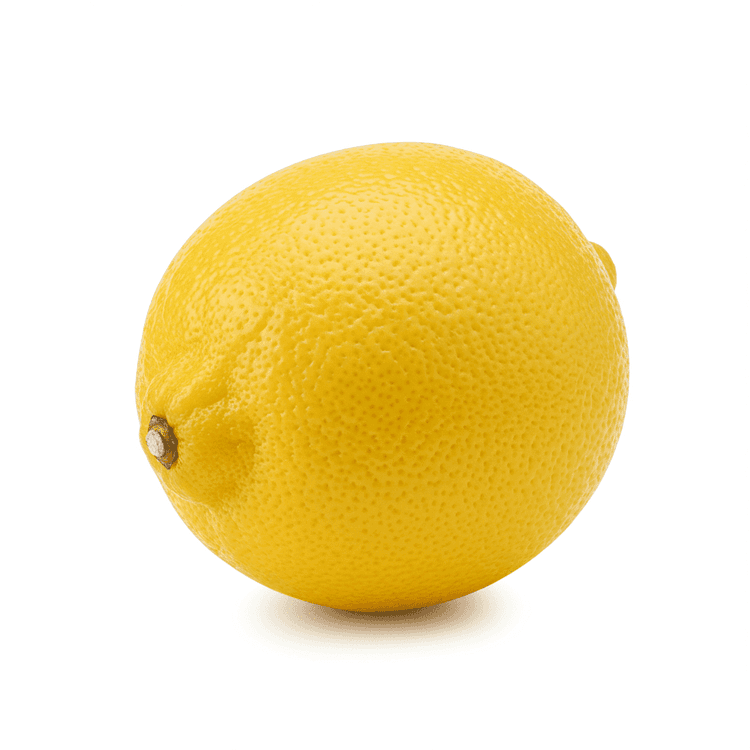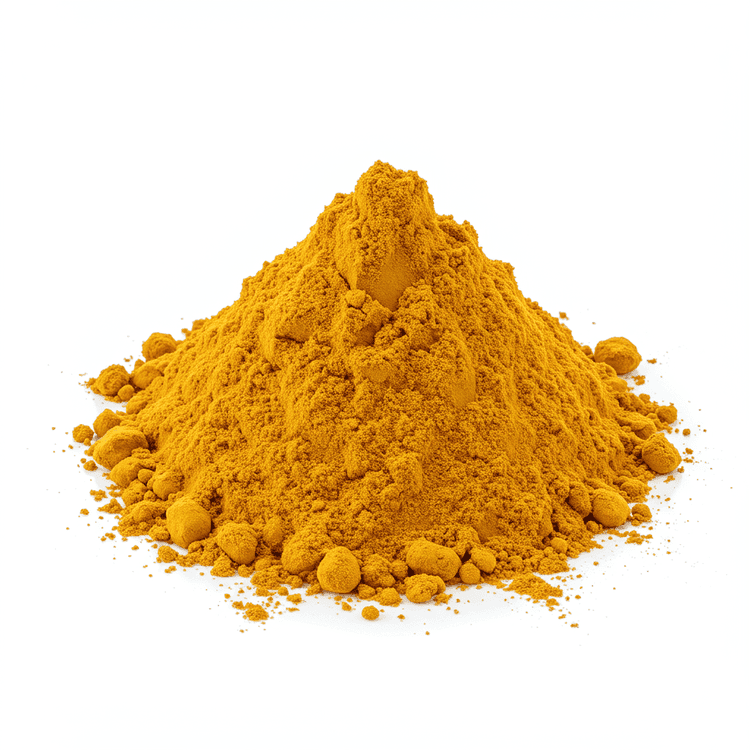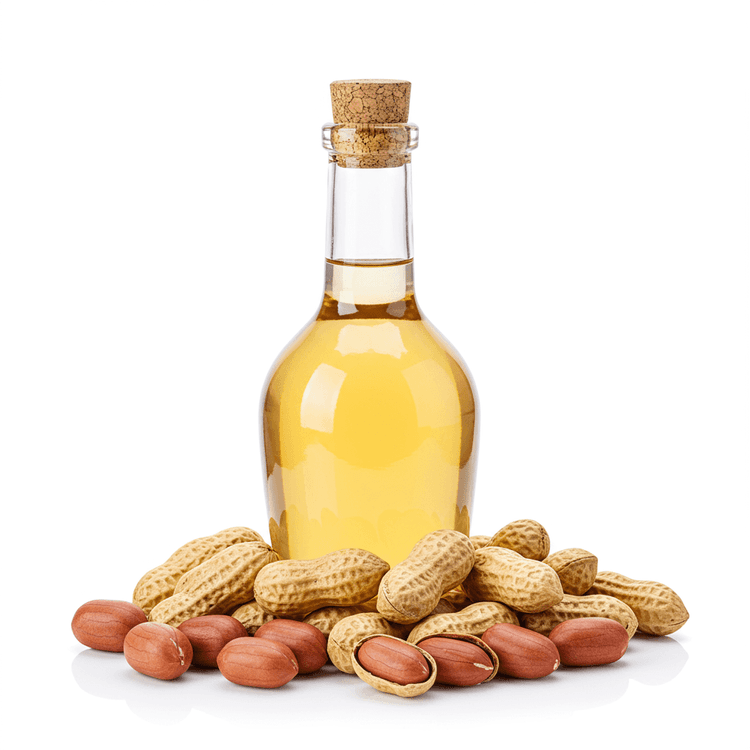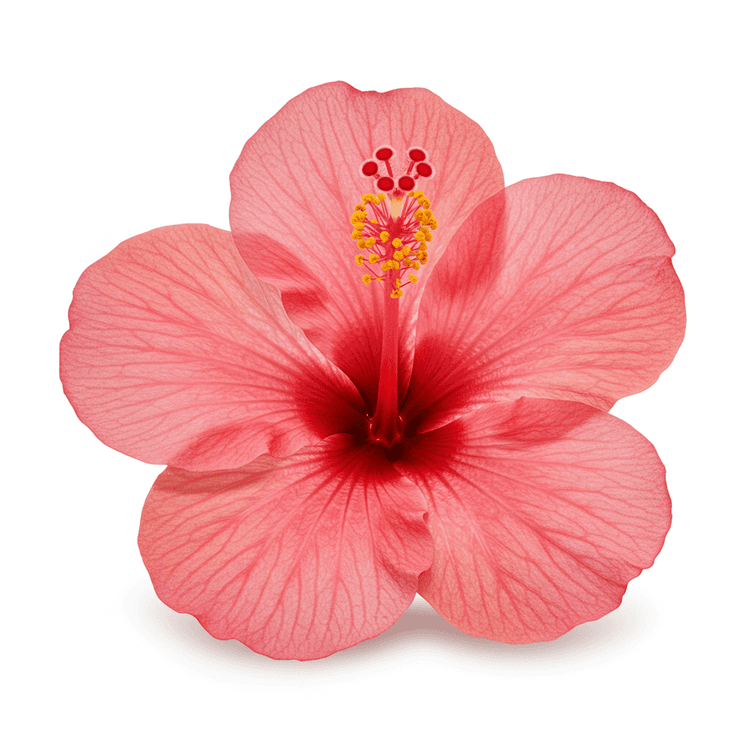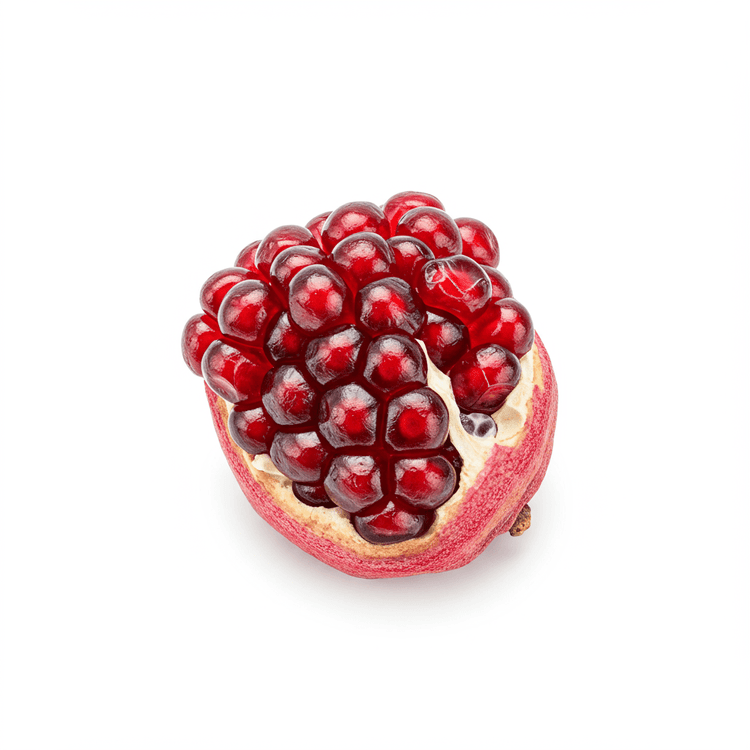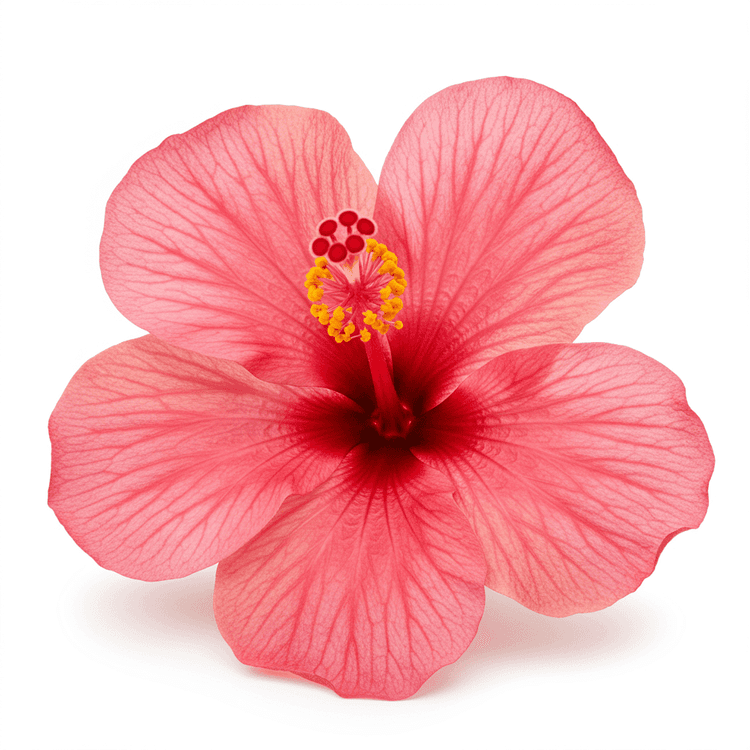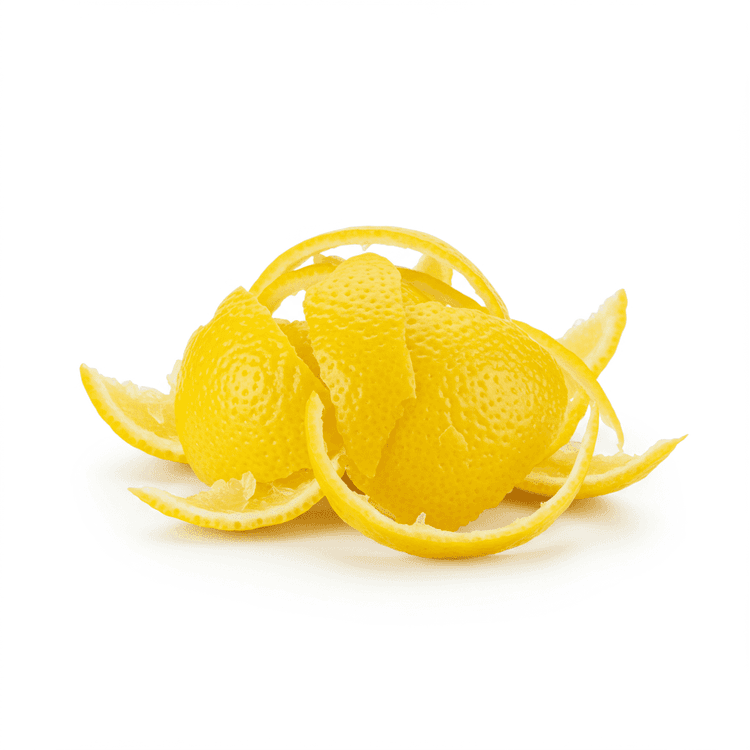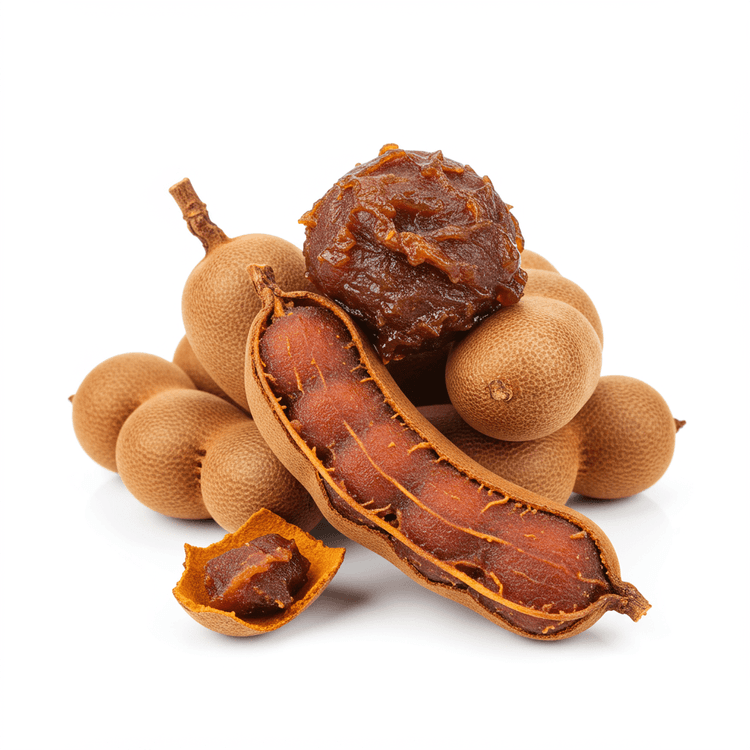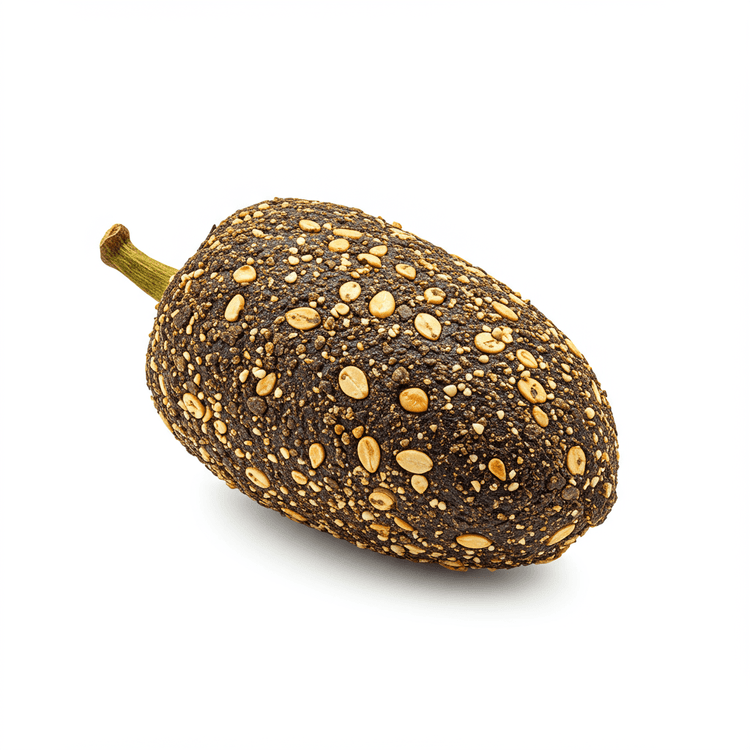
Sumac
Sumac is a vibrant, crimson-colored spice derived from the dried berries of the sumac shrub. Its flavor profile is distinctly tart and lemony, often described as having a tangy, fruity zest with a slightly earthy undertone. Ground sumac has a coarse, granular texture and is prized for its ability to add brightness and acidity to dishes. The dried berries are ground to create a versatile spice used in many culinary applications. It is a common ingredient in Middle Eastern and Mediterranean cuisine.
Common Uses
- Sumac is used as a tangy spice rub for grilled meats, poultry, or fish, adding a zesty, lemony flavor that complements savory dishes perfectly. It provides a flavorful crust when applied before grilling or roasting.
- Sumac is commonly sprinkled over hummus, salads, and dips like baba ghanoush to enhance their flavor with a tart and slightly fruity note, adding visual appeal with its bright red color.
- Sumac is an essential ingredient in za'atar spice blends, where it contributes its characteristic tartness alongside other herbs and spices like thyme, sesame seeds, and oregano. It is used in many middle eastern dishes.
- Sumac can be infused into olive oil or vinaigrettes to create flavorful dressings for salads or marinades for meats, adding a bright, citrusy element to the preparation.
- Sumac is used as a souring agent in dishes, similarly to lemon juice or vinegar, bringing a tangy complexity to stews, rice dishes, and vegetable preparations without adding liquid.
Nutrition (per serving)
Nutrition (per serving)
Calories
20.2kcal (1.01%)
Protein
0.6g (1.26%)
Carbs
3.4g (1.25%)
Sugars
0.3g (0.6%)
Healthy Fat
0.5g
Unhealthy Fat
0.5g
% Daily Value based on a 2000 calorie diet
Nutrition (per serving)
Calories
20.2kcal (1.01%)
Protein
0.6g (1.26%)
Carbs
3.4g (1.25%)
Sugars
0.3g (0.6%)
Healthy Fat
0.5g
Unhealthy Fat
0.5g
% Daily Value based on a 2000 calorie diet
Health Benefits
- Rich in antioxidants to combat free radicals and support overall health.
- May help regulate blood sugar levels and improve insulin sensitivity.
- Anti-inflammatory properties may reduce pain and stiffness.
- Could improve heart health by lowering cholesterol and blood pressure.
- Supports digestive health due to its potential antimicrobial effects.
Substitutes
Chefadora AI is here.
Experience smarter, stress-free cooking.
Storage Tips
Sumac should be stored in an airtight container in a cool, dark, and dry place, such as a pantry or spice cabinet. Avoid exposure to direct sunlight and moisture, which can cause it to lose its potency and flavor. Properly stored sumac can last for up to 1-2 years, although the aroma might diminish over time. Check for a vibrant color and strong aroma before use to ensure freshness.
Marnirni-apinthi Building, Lot Fourteen,
North Terrace, Adelaide, South Australia, 5000
Australia
